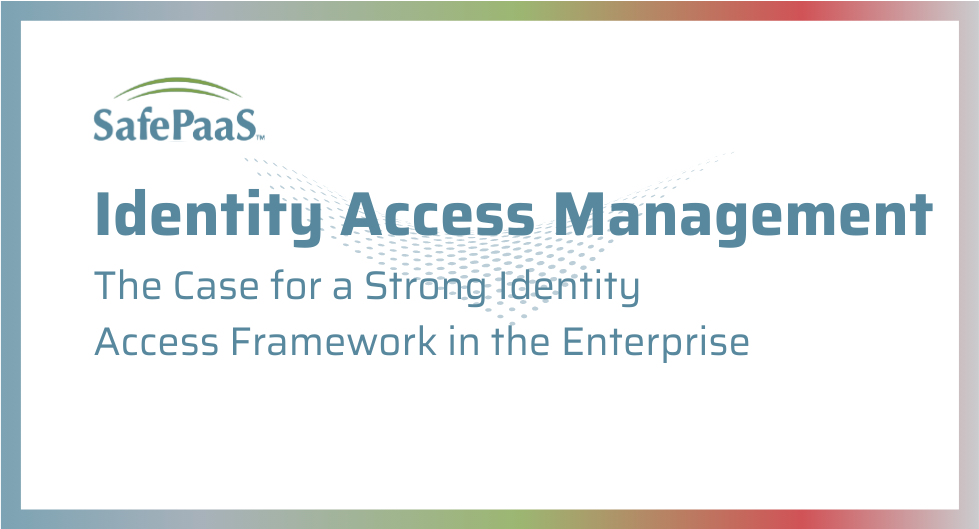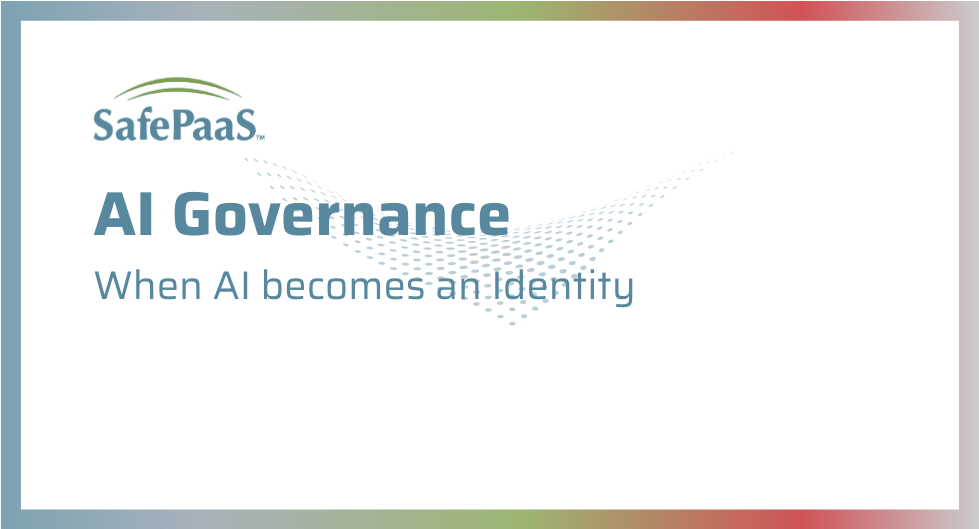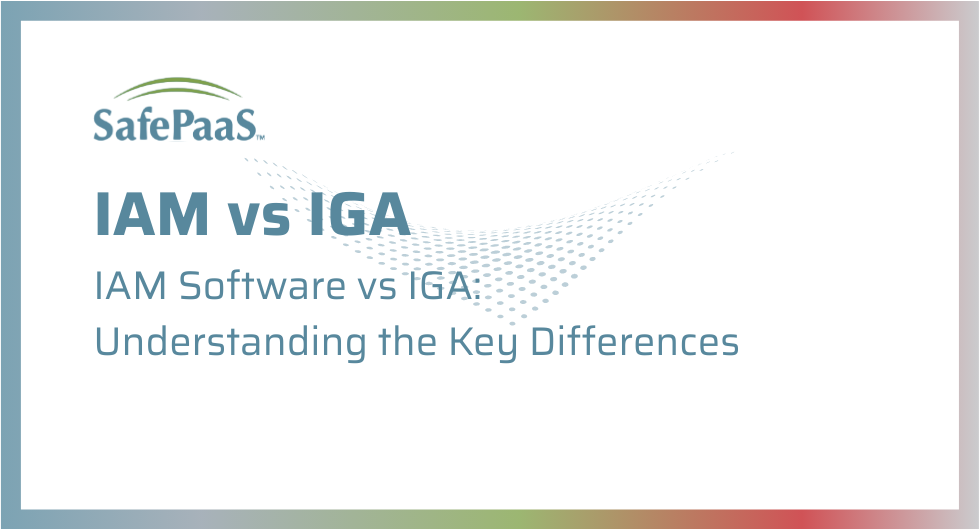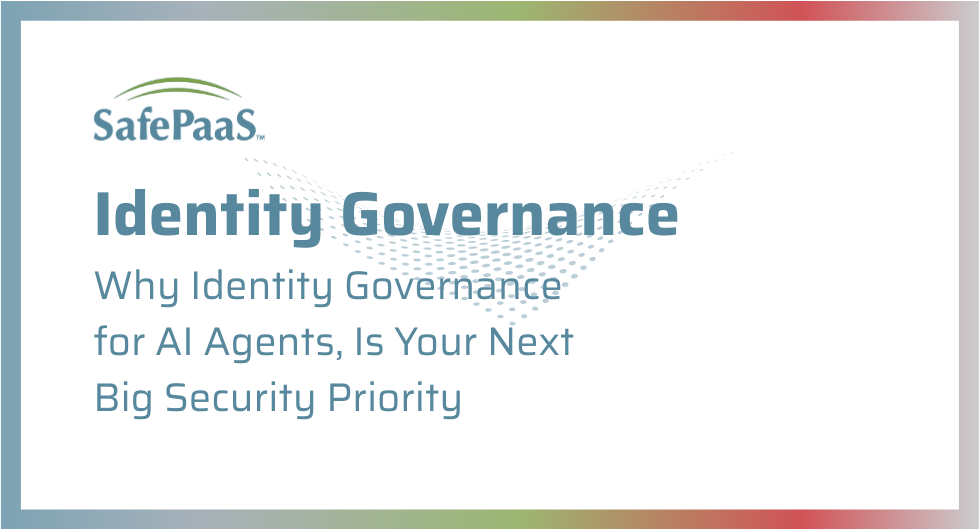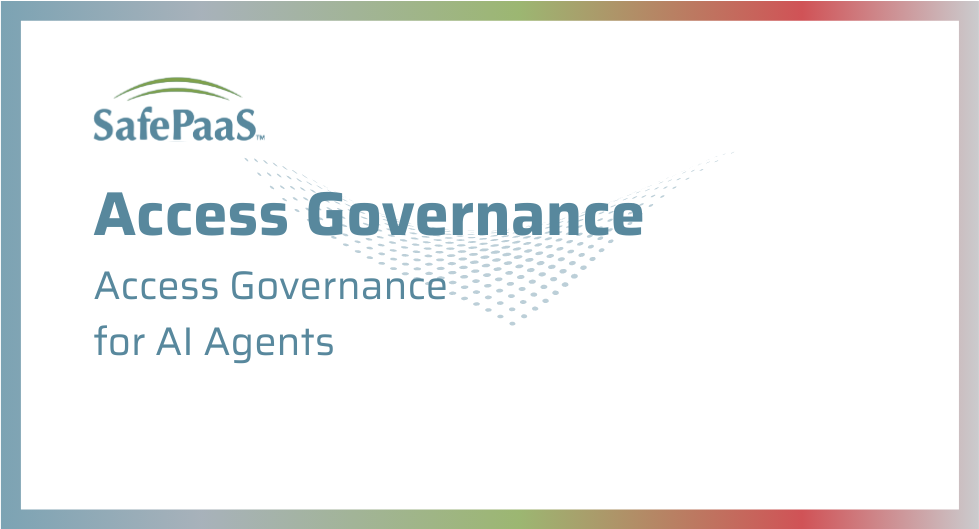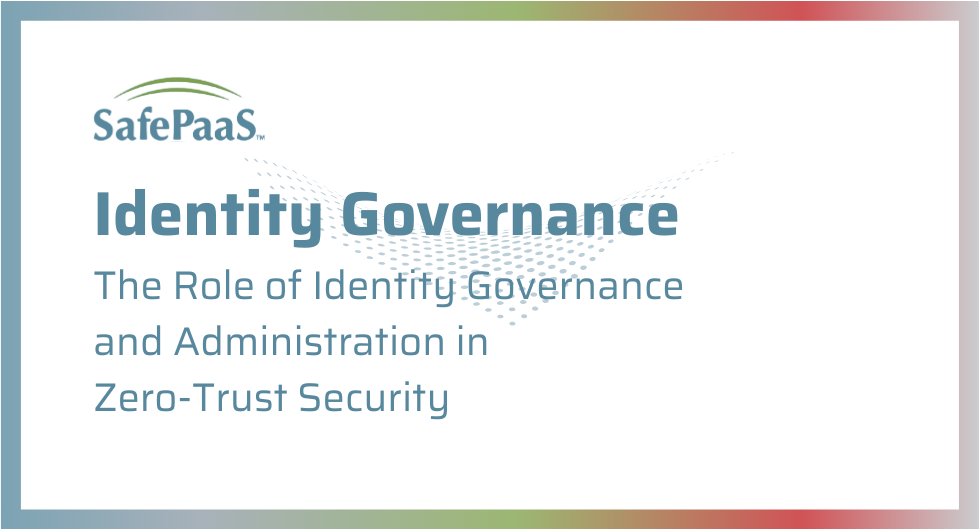Why AI is Transforming Identity Governance
Credential-related breaches and excessive access permissions are urgent issues. Today, these risks account for the majority of reported security incidents and are among the fastest-growing causes of audit failures and regulatory penalties. As ERP environments become more complex and perimeter defenses weaken, security and compliance leaders can no longer risk the delays and exposure that come with manual access reviews and provisioning.
Recent analyst studies show a turning point. Organizations using AI-driven identity governance software report faster fixes for risky entitlements, shorter access review cycles, and much better accuracy in rights provisioning. With audit deadlines, limited resources, and major breaches all occurring simultaneously, automating identity governance is quickly becoming essential. Those who modernize now will be better prepared for future breaches or audits.
The Traditional Challenges of Identity Governance and Administration
Organizations using older identity governance platforms face growing operational and security challenges. Manual processes, scattered controls, and an increasing number of identities and systems make it challenging for teams to provide consistent, scalable, and compliant access management. As hybrid and regulated environments become increasingly complex, these issues are driving security and compliance leaders to address the limitations of outdated workflows and the lack of automation.
Manual Processes in Provisioning and Access Reviews
Manual onboarding, access provisioning, and access review campaigns continue to be significant bottlenecks for organizations using outdated identity governance software. IT teams often manage spreadsheets, email approvals, and repetitive manual reviews, which lead to inconsistent assignments, delays, and increased human error. Nearly half of organizations cite slow manual workflows and a lack of automation as key barriers to efficient identity governance, according to a 2025 market report.
Segregation of Duties Conflicts in ERP
Segregation of duties (SoD) issues in complex ERP environments are especially tough. User roles often cover sensitive transactions and systems. Without modern IGA controls, organizations using traditional software struggle to enforce SoD policies, which can lead to risky permission combinations and audit gaps. This exposes them to insider fraud and compliance problems. Manual methods keep ERP security teams busy with ongoing analysis and fixes, adding to their workload and risk.
Rising User/Role Complexity in Hybrid (Cloud + On-Prem) Landscapes
Managing identity in hybrid environments that include legacy on-premises systems, multiple cloud providers, contractors, bots, and non-human identities has significantly increased role complexity and identity sprawl. Traditional IGA solutions often lack unified visibility or policy enforcement. This leads to inconsistent controls and more operational risk when scaling across different environments.
Compliance Reporting Burdens (SOX, GDPR, etc.)
Regulatory requirements, such as SOX, GDPR, and HIPAA, are becoming increasingly stringent across all industries, placing greater pressure on identity and compliance teams. Separate data sources and manual reporting slow down response times and raise the risk of non-compliance penalties. In 2025, even sectors that were not regulated before will need real-time reporting, centralized audit readiness, and flexible identity governance to stay compliant.
How AI Enhances Modern Identity Governance Software
Modern policy-based identity governance is changing with the rise of AI, which offers practical solutions to ongoing challenges. Intelligent automation, continuous monitoring, and predictive risk detection help organizations manage roles, enforce policies, and review access quickly and accurately. By replacing manual tasks with real-time analytics and machine-driven decisions, AI-powered IGA platforms enhance security, streamline audits, and increase efficiency across various IT environments.
Intelligent Role Mining and Recommendations
AI-powered identity governance software analyzes usage patterns across ERP, SaaS, and cloud applications to recommend the most suitable roles and entitlements. By learning how identities interact with systems, AI recommends the least-privilege setups, helping organizations avoid permission creep and ensure access matches real business needs. Leading platforms utilize machine learning to support large-scale smart role mining.
Automated SoD Conflict Detection in ERP and Beyond
Automated SoD conflict detection utilizes AI to identify and prevent risky access combinations before they occur. AI’s predictive abilities help ERP, finance, and IT teams identify potential violations in real-time, flagging hazardous role combinations, such as creating and paying invoices before access is granted. With AI, organizations can see up to 90% fewer SoD violations and fix issues faster.
Continuous Monitoring and Anomaly Detection
Modern policy-based IGA platforms with AI constantly monitor user and system activity across hybrid IT environments. By analyzing behavior and matching it with access logs, AI identifies suspicious patterns and anomalies that may indicate policy violations, insider threats, or credential issues. Adaptive controls respond immediately, enabling swift action and real-time risk mitigation.
Smarter, Faster Access Reviews
With AI, high-risk entitlements are automatically flagged for review, which helps reduce reviewer fatigue and focus resources where they are needed most. Automated certification cycles, risk scoring, and predictive recommendations streamline the process, allowing managers to review and rectify excessive access quickly and confidently. This transforms access reviews into a strategic control rather than a routine task.
AI for Segregation of Duties in ERP Environments
Segregation of duties risk is crucial in preventing fraud and maintaining financial integrity in ERP systems. SoD violations can result in undetected fraud, compliance failures, and damage to reputation.
AI in leading IGA solutions brings several transformational benefits for Segregation of Duties management:
- Real-time detection of potential violations before access is granted: AI evaluates the impact of changes to roles and authorizations instantly, ensuring conflicting privileges never combine inappropriately.
- Automating mitigation controls: Machine learning algorithms assess risk profiles and trigger automated workflows to handle remediation, logging exceptions for audit trails.
- Reducing false positives in SoD analysis: Predictive analytics distinguish between legitimate and suspicious role changes, minimizing unnecessary alerts and focusing remediation on true risks.
Example: When evaluating a new user request, the system predicts if assigning “invoice creation” plus “payment execution” would breach SoD policies, blocking the change and prompting corrective action before any risk materializes.
Business Value of AI-Driven IGA
AI-driven identity governance and administration is now reshaping business outcomes for security and compliance teams. By integrating automation, machine learning, and real-time policy enforcement across the identity lifecycle, organizations are achieving tangible improvements in efficiency, audit readiness, and risk reduction. Businesses adopting AI-powered IGA platforms benefit from faster onboarding, reduced manual effort during access reviews and audits, and more resilient compliance with regulatory standards such as SOX, GDPR, and HIPAA—all while proactively defending against insider threats and privilege misuse. These capabilities transform identity governance from a reactive control into a strategic advantage, driving business agility and operational savings.
Accelerated Onboarding and Provisioning
Intelligent automation enables secure, policy-based access in minutes, rather than days. AI-driven identity management handles onboarding, updates, and removals with minimal manual intervention, reducing errors and enabling businesses to stay agile across roles and departments.
Reduced Audit Costs and Smoother External Audits
Continuous monitoring and automated audit logging help lower external audit costs and reduce disruptions. AI gives complete visibility into entitlements, actions, and risk history, making compliance assessments more efficient and a more predictable posture against insider threats and fraud.
Enhanced Compliance Readiness (SOX, GDPR, HIPAA)
AI-powered IGA tools automate evidence collection, generate instant compliance reports, and continuously enforce access policies—all of which support timely, accurate audits and regulatory reporting. Automated trails simplify proof of compliance with SOX, GDPR, HIPAA, and other standards, reducing audit preparation time and minimizing the risk of penalties.
AI detects and shuts down suspicious behavior, privilege misuse, and access anomalies before they escalate, drastically reducing the risk of insider threats or unauthorized activity. Continuous anomaly detection and least-privilege enforcement strengthen defenses, ensuring a rapid response to emerging risks.
Key Considerations Before Implementing AI in IGA
- Data Quality: High-quality, well-structured identity and access data is critical; inaccurate data leads to ineffective AI decisions (“garbage in, garbage out”).
- Integration with ERP and Other Enterprise Systems: Seamless interoperability with legacy, cloud, and ERP systems allows AI-driven IGA platforms to govern all user identities and entitlements.
- Balancing Automation with Human Oversight: AI should support, not replace, compliance and security professionals. Ensure that workflows allow for expert review and approval based on context.
- Building Stakeholder Trust in AI-Driven Decisions: Transparent decision-making, explainable AI outputs, and internal education are crucial for fostering stakeholder acceptance and effective change management.
AI as the Future of Identity Governance
AI is no longer just hype. It is now built into enterprise identity governance software, bringing major improvements in compliance, efficiency, and security. In complex SAP environments, AI’s predictive and automated SoD controls are especially important.
Early adopters of AI-driven IGA platforms reduce risk, improve continuous compliance, and save time across the entire identity lifecycle. Security leaders and SAP GRC professionals can now leverage AI-powered solutions as a core strategy for enhancing security and audit readiness.
See how AI-driven IGA software can change your ERP security and compliance approach. Embrace innovation, stay compliant, and reduce risk with smart solutions.


